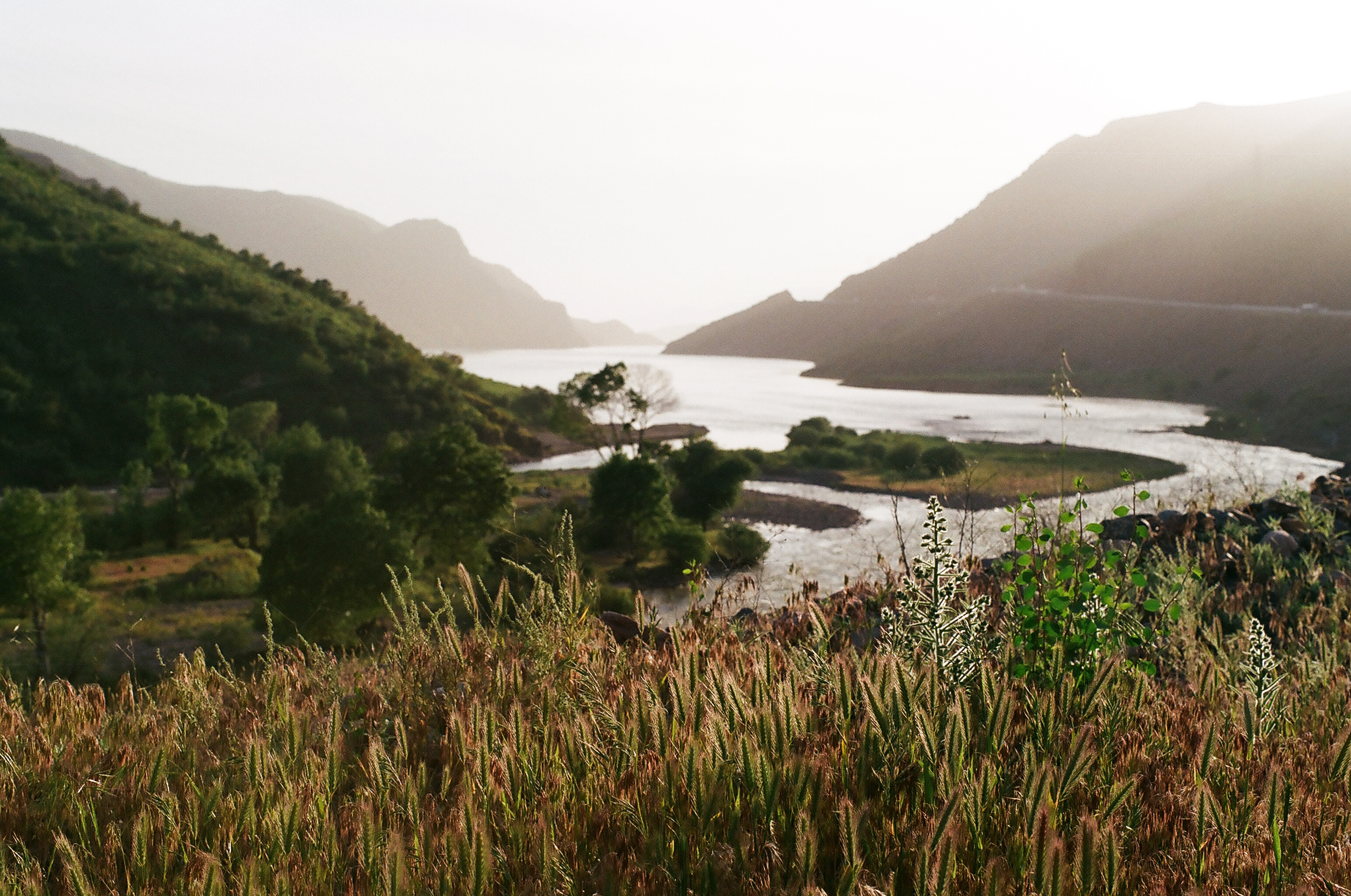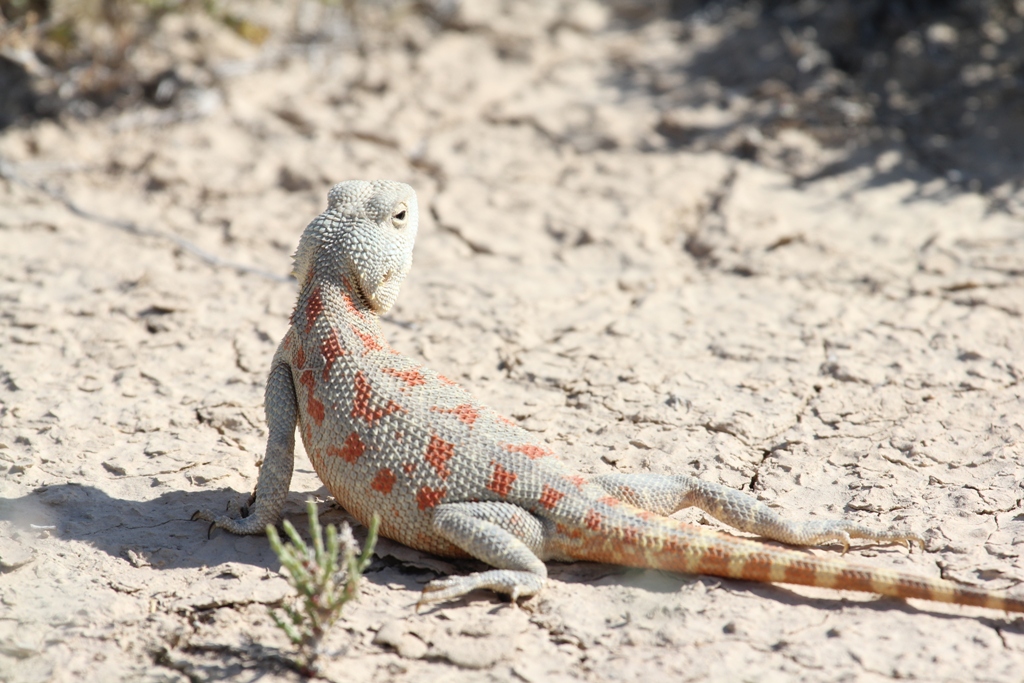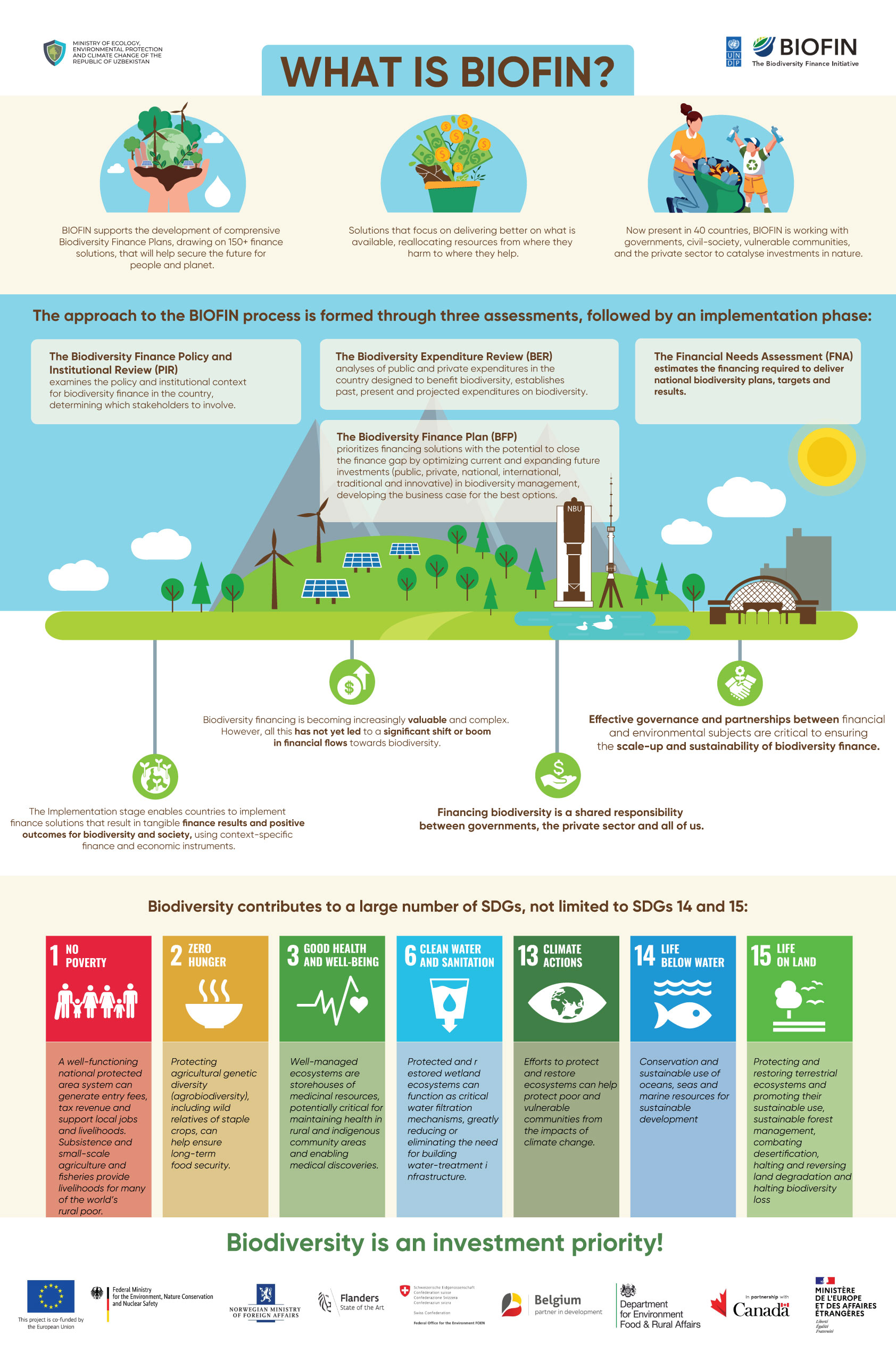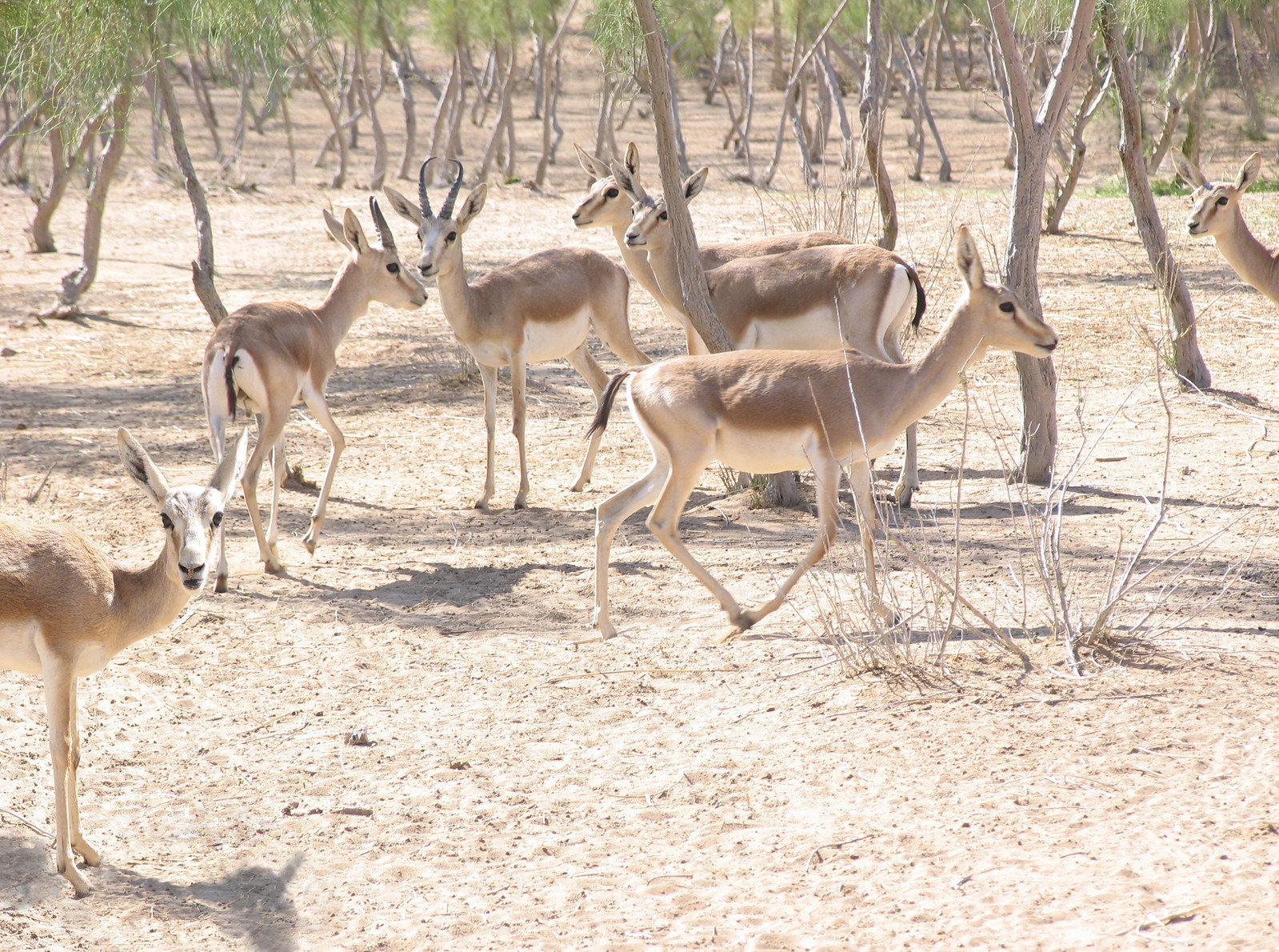Biodiversity is key to a healthy future for all of us and it needs help
March 18, 2024

"Look closely at nature. Every species is a masterpiece, exquisitely adapted to the particular environment in which it has survived. Who are we to destroy or even diminish biodiversity?"E. O. Wilson (biologist)
According to experts estimates, the snow leopard population in Uzbekistan is only about 100 individuals. Every minute in Uzbekistan, 9 square meters of the country's territory turn into desert. Groundwater levels are falling and the amount of running water in rivers is decreasing.
And these are just a few situations that immediately come to mind when we talk about environmental problems in Uzbekistan. If we think deeper, most of these problems are directly or indirectly the cause or consequence of the decline in biodiversity. But not everyone clearly understands the importance of this process and its connection with changes in our environment.
Biodiversity is life on Earth. This is nature in all its diversity: from genes to complex organisms, from individual species to ecosystems, which underlie the existence of both an individual and society as a whole.
Healthy biodiversity is a fundamental aspect of the planet's well-being. Its protection and support are necessary to ensure sustainable development of society and the economy. Almost half of all people on the planet depend on natural resources for their livelihood. And more vulnerable groups depend directly on biodiversity to meet their daily needs.

Biodiversity is the source of:
— economic development through tourism, agriculture, lumber and other industries.
— valuable chemical compounds that can be used in medicine.
— resources for agriculture and aquaculture. Many plants and animals that provide food for humans depend on biodiversity.
— stability of ecosystems. It makes them more resistant to changes in the environment. Diverse ecosystems can cope more effectively with disease, climate change and other stressors.
Unfortunately, humanity is accustomed to turning to nature as an endless bank of resources, as something for granted. This consumerist approach is leading to the rapid reduction and degradation of natural resources, especially biological diversity. In addition, private and public economic interests, poor policy and management, and the lack of sufficient funding for environmental activities negatively contribute to the deterioration of the situation. In this regard, society, the government and the private sector need to reconsider their attitude towards nature and adopt new nature-positive models of behavior.
The right policies can make a significant difference to planning and financing systems, as well as to ensure socio-economic growth with sustainable environmental management in mind. This in turn will guarantee the stability of ecosystems that serve as habitats and harmonious coexistence of species. However, this requires ensuring the implementation of strategies and plans, which in turn requires sufficient funding.
Biodiversity, or rather its conservation, is a huge part of the UN Sustainable Development Goals. Investing in biodiversity therefore directly contributes to poverty reduction and sustainable, long-term economic growth.

In 1992, the UN adopted the Convention on Biological Diversity, which calls on member countries to develop their own national strategies and action plans for the conservation of biodiversity in accordance with the goals and objectives of this convention. However, implementation of national strategies remained limited for many years. The reason for this is insufficient funding, in spite of the article 21 of the Convention that urges parties to allocate enough financial resources.
As a rule, in the system of priorities of any government, social and economic issues prevail over environmental issues. But even when considering environmental issues, climate change has traditionally been a priority, with biodiversity loss an afterthought. Consequently, the field of biodiversity conservation has remained underfunded for a long time. Although recently there has been a tendency to consider climate and biodiversity issues as a single whole.
In this regard, in 2012, UNDP, together with the European Union, decided to implement the Biodiversity Finance Initiative, which was formed into the global BIOFIN programme. It is a US$58 million programme managed by UNDP, implemented in partnership with the European Commission and the governments of Germany, Switzerland, Norway, Belgium, Flanders, the UK, Canada and France. BIOFIN helps member countries improve financing for their biodiversity strategies by assessing industry financing and optimizing existing financing to redirect harmful finances to benefit biodiversity and proposing new financing mechanisms.

Since its launch, the BIOFIN Programme has been helping more than 40 countries on all continents to develop national biodiversity financing plans. The number of countries joining the BIOFIN Initiative is expected to grow significantly as more and more governments around the world commit to work on their finances for nature after adoption of the Global Biodiversity Framework, which was endorsed by the Kunming-Montreal Agreement signed by all parties during the COP-15.
In other words, the BIOFIN programme is designed to shift the financial vector and direct it to initiate long-term positive changes in all systems that directly or indirectly depend on nature.
One of the priority tasks — selection of the most appropriate solution for a specific national context. Financial solutions are strategies and tools for effectively using various sources of funding for national and local programmes and projects for the conservation of biodiversity (we will talk about them in detail in future publications). These solutions can be applied individually or in combination to create new financial products that can enhance the impact of biodiversity conservation efforts.
Today, thanks to the BIOFIN programme, the importance of biodiversity conservation and financing is being raised at the national level in more than 40 countries. Uzbekistan joined the programme in 2021 and is currently working on creating the first national biodiversity financing plan, which will offer financial solutions based on the needs and context of the country. Depending on the cultural and economic characteristics of each participating country, the BIOFIN programme offers more than 150 financial solutions for biodiversity financing (see the BIOFIN catalogue of financial solutions).
In this regard, despite the diversity and versatility of the goals and objectives of the government, the private sector and society, it is still possible to find financial solutions and instruments that will combine these goals and objectives in the interests of biodiversity (blended financing, biocredits, etc.), allowing change our attitude towards nature. With the right approaches to biodiversity finance and all stakeholders working together, we can ensure sustainability and balance of ecosystems that will serve current and future generations.

 Locations
Locations


